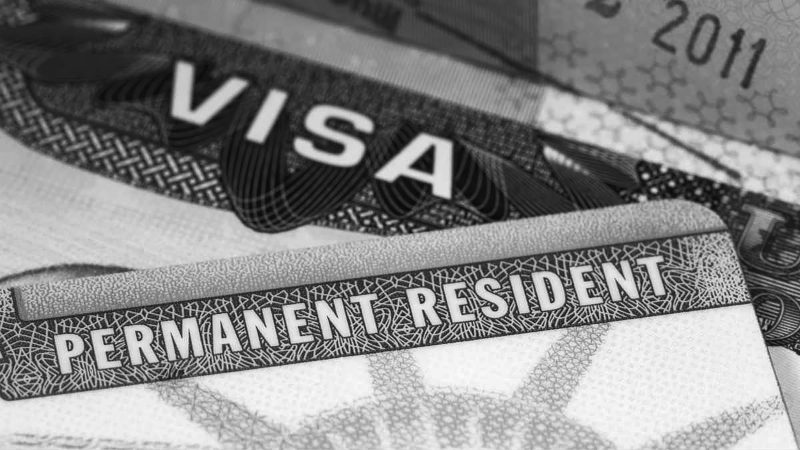Since the issuance of Presidential Regulation 20/2018 concerning the use of foreign workers (PR 20/2018) in March this year, there has been a lot of uncertainty about the new procedure for foreign work permit applications. Earlier this month the Ministry of Manpower (MOM) and the Directorate General of Immigration (DGI) held a seminar to discuss the new application procedure with the public. At the same time the Ministry of Manpower issued Regulation 10/2018 concerning the procedures for the use of foreign workers (MOMR 10/2018), which is an implementing regulation of PR 20/2018. At the time of writing of this article the new procedures have not yet been implemented. In this article we will discuss the major changes which are expected to take place once the new regulations are implemented.
Work Permit for Foreign Workers
Current situation:
Companies employing foreign workers now first need to apply for a Foreign Worker Placement Plan (Rencana Penggunaan Tenaga Kerja Asing – RPTKA). The RPTKA is a corporate licence that specifies the job titles of foreign workers, the number of foreign workers in a company and the duration of their assignment in Indonesia and is valid for a maximum period of one year. This plan is used as the basis to apply for a foreign worker’s work permit (Izin Mempekerjakan Tenaga Kerja Asing – IMTA).
The IMTA is a corporate licence issued for each individual foreign worker which specifies their identity, job title, work locations and sponsor company and is valid for a maximum period of one year. Basically, a foreigner can only work under one company using one IMTA, unless he/she is working as director or commissioner.
The application of RPTKA and IMTA can take up to three to four weeks, depending on how fast the licences are processed by the government.
What are the main changes?
Under the MOMR 10/2018, the following main changes are expected to take place:• Companies will no longer need to apply for an IMTA. After companies have received the RPTKA of the foreign worker, they must apply for a Notification, which is essentially a replacement of the IMTA. The PR 20/2018 regulates that the RPTKA can already be considered as work permit. However, since no detailed personal information is provided in the RPTKA, we assume that in reality a foreign worker can only start working in Indonesia after the company has obtained a Notification from MOM.
• The processing times will become shorter. The application time may be reduced to only two working days for the RPTKA (after online Skype meeting with MOM) and two working days for the Notification (after payment of the required government costs). It remains however to be seen if these processing times can be met by MOM. Based on our experience, the actual processing times differ significantly from the times stipulated in regulations.
• The validity period of the RPTKA will increase. The validity period of the RPTKA may increase to up to five years. This means that it may not need to be renewed every year, which may significantly decrease the processing times.
• Directors and commissioners who are shareholders no longer require a work permit. This group of foreigners is not required to apply for RPTKA and Notification. Moreover, they are not required to make the payment to the Manpower Skill and Development Fund (DPKK / DKP-TKA) of US$100 per month.
• Foreigners are allowed to work in multiple companies in certain sectors. Besides directors and commissioners, under the new regulations foreign workers active in the vocational education and training sector, the oil and gas sector and the digital economy sector are allowed to work at multiple companies within the same sector.
• Requirement to be able to speak the Indonesian language. Foreign workers who work in Indonesia on a long-term assignment are now required to learn the Indonesian language. Foreigners on a short-term or emergency assignment, directors and commissioners are exempted from this requirement.
Stay Permit for Foreign Workers and their Families
Current situation
After the company has obtained the IMTA for its foreign worker, it can apply for the telex visa at DGI. Once the telex visa is issued, the foreigner can collect the limited stay visa (Visa Tinggal Terbatas – VTT) at the Indonesian embassy abroad. The processing time for the VTT depends on the Indonesian embassy abroad, and usually takes from two to five working days.
With the VTT stamped in their passport, the foreigner can enter Indonesia and start working. Within 30 days from the date of arrival, the foreigner will need to attend a biometric session at the local immigration office. After completion of the biometrics session the limited stay permit (Izin Tinggal Terbatas – ITAS) will be issued. During the application process, which will take approximately one and a half weeks, the foreigner must hand in his/her passport to the local immigration office.
At the time of writing, the Ministry of Law and Human Rights has not yet issued an implementing regulation to PR 20/2018.
What are the main changes?
Based on the PR 20/2018 and the seminar held by DGI and MOM the following changes are expected to take place:
• ITAS is applied for and collected before the foreigner enters Indonesia. The ITAS may be applied for at the same time as applying for the Notification. Foreigners can then collect their ITAS either at the Indonesian embassy abroad or at the airport upon entry into Indonesia. It is important to note that not all Indonesian embassies and not all airports will provide the facility for collection of ITAS and this should therefore be checked by the foreigner or the immigration consultant before entering Indonesia.
• Processing time VTT and ITAS reduced. As the VTT and ITAS will be applied for at the same time as the Notification, we expect the processing time to be significantly reduced. Moreover, there will be no further need to hand in the passport for the biometric session at the local immigration.
Currently we are still awaiting the actual implementation of the new system and the issuance of the new implementing regulation of the Ministry of Law and Human Rights. We will keep you informed in case there are any major updates. For more information, please contact PNB Immigration Law Firm at +62 21-22792254, or email us at [email protected]. Visit our website at www.pnbimmigrationlawfirm.com




